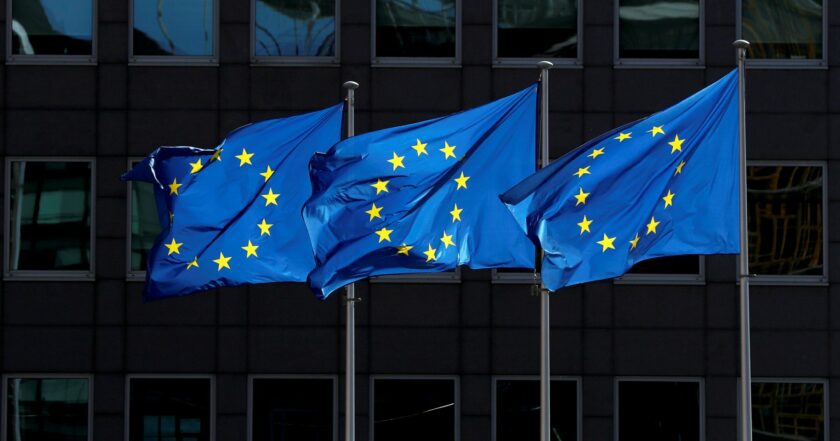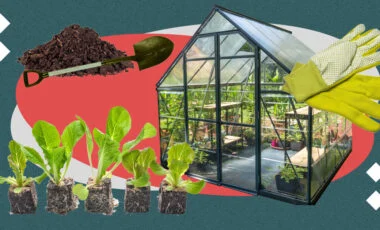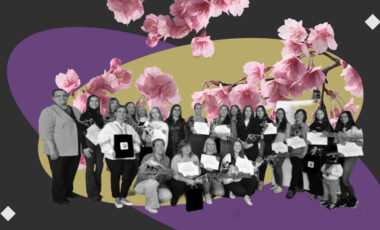FT: EU may lift sanctions on Russian bank to preserve grain deal

The European Union is considering allowing a sanctioned Russian bank to create a subsidiary that can once again connect to the SWIFT international interbank system for transferring information and making payments.
The Financial Times reports, citing sources, that such a step aims to protect the Black Sea grain agreement, which is under threat due to the Kremlin's ultimatums. This will enable Ukraine to export food products to world markets.
Russia's war in Ukraine has severely impacted the export of agricultural products across the Black Sea region, raising concerns about a potential global food crisis. Last July, an UN-brokered deal was signed to restore shipping routes, which has been extended multiple times despite Moscow's threats to terminate the agreement. Russia claims that Western countries have not fulfilled their commitment to ensuring that Russian food exports remain unaffected by Western sanctions. In an attempt to prolong the Black Sea agreement beyond its July 17 expiration date, EU leaders discussed the possibility of exempting a Russian bank from sanctions during a recent summit in Brussels.
"The plan, which was proposed by Moscow through negotiations brokered by the UN, would allow Russian Agricultural Bank to create a subsidiary to handle payments related to grain exports," the report said, citing anonymous sources.
The subsidiary will be allowed to use the global Swift system, which was closed to the most prominent Russian banks after the Russian invasion of Ukraine.
The issue is complicated by the fact that the Kremlin wholly owns Rosselkhozbank. Its former chairman, Dmitry Patrushev, is the current minister of agriculture and the son of Nikolai Patrushev, a Putin aide and secretary of Russia's Security Council, who played an important role in fomenting the war against Ukraine.
The Kremlin refused to comment on the EU proposal. The European Commission also declined to comment.
"However, EU officials stressed that European sanctions did not target trade in agricultural and food products, including cereals and fertilizers, between third countries and Russia," the publication concluded.























































